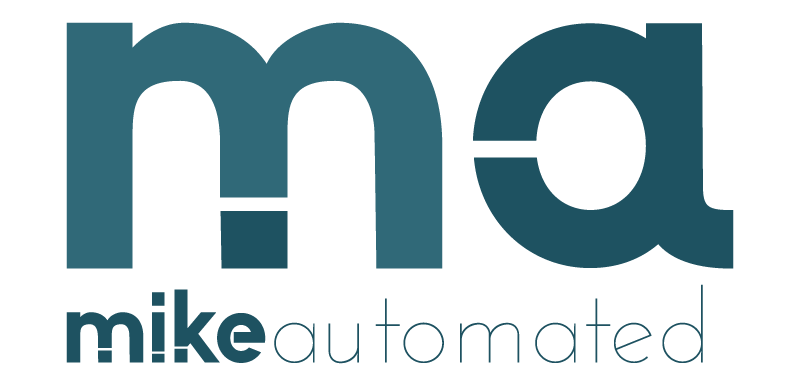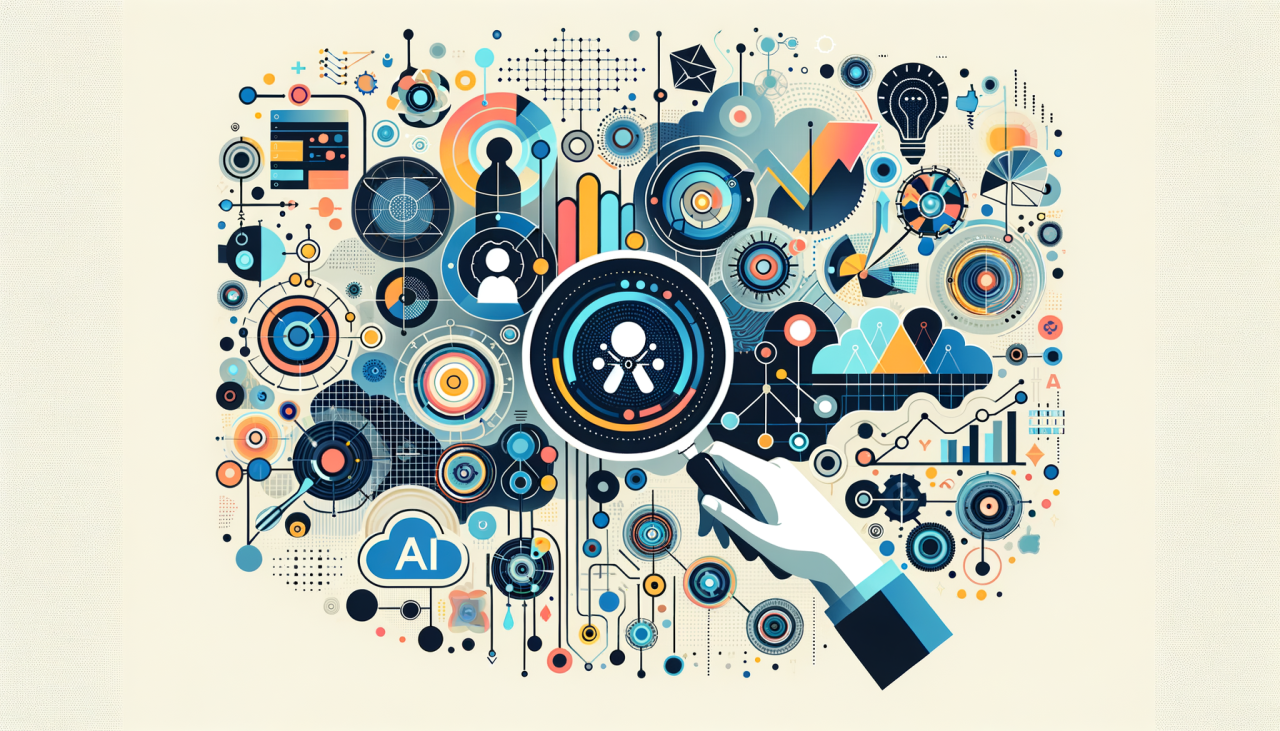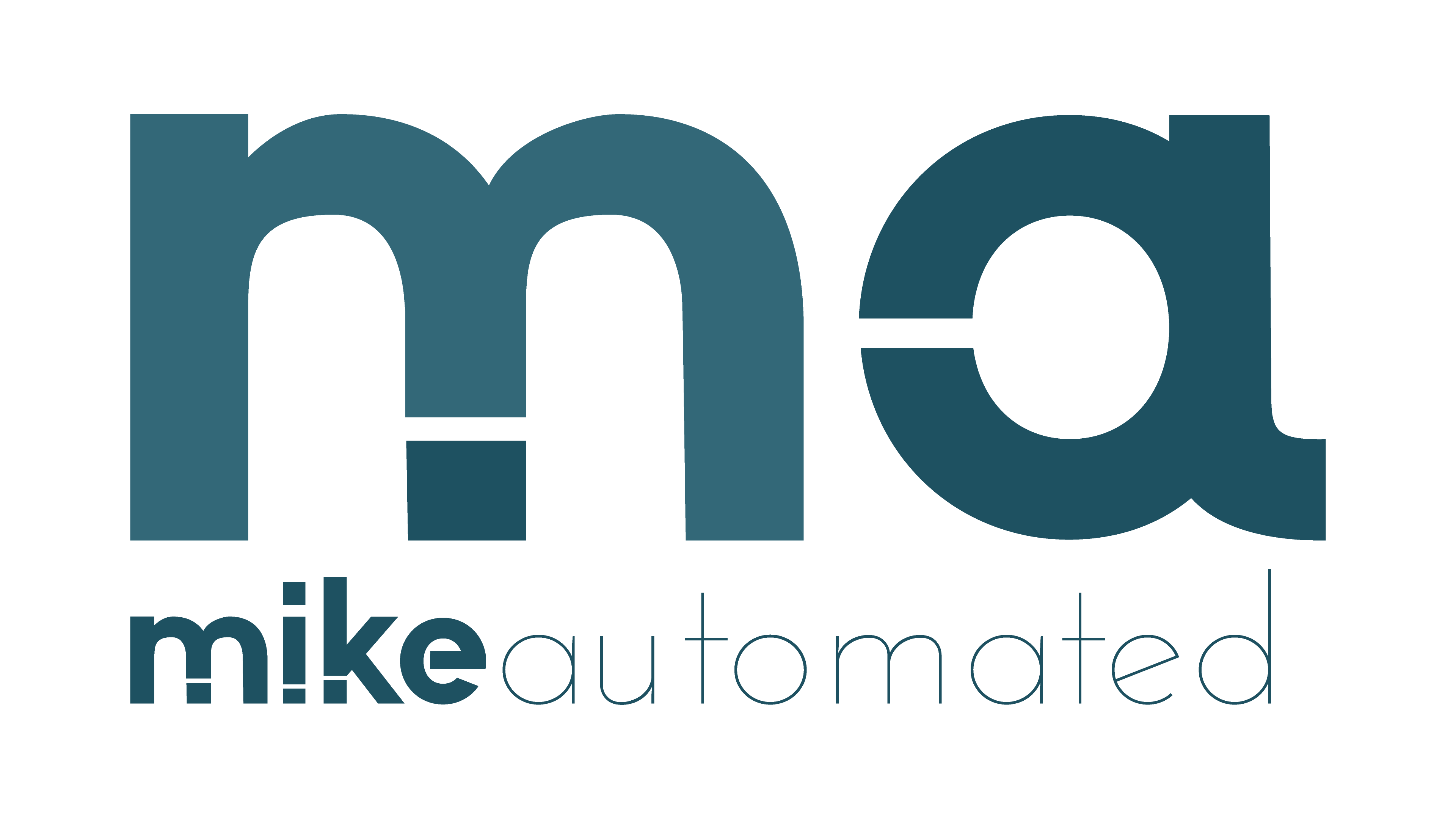TL;DR:
- AI-driven marketing enhances efficiency by automating repetitive tasks and enabling data-driven decision-making.
- Personalization is key: AI helps deliver customized experiences for customers in real time.
- Better insights improve results: Algorithms analyze vast datasets to uncover meaningful patterns.
- Boost ROI: Companies using AI tools see higher conversion rates and lower acquisition costs.
- It’s a competitive necessity: Businesses that adopt AI-enabled marketing strategies stay ahead in today’s evolving marketplace.
What Is AI-Driven Marketing?
AI-driven marketing is the application of artificial intelligence technologies to improve marketing strategies and operations. It involves using machine learning, natural language processing (NLP), predictive analytics, and other AI tools to analyze customer data, automate campaigns, and create personalized experiences.
This approach helps businesses better understand their customers, optimize resources, and significantly improve outcomes. For example, AI algorithms can sort through millions of consumer interactions to identify trends, predict purchasing behaviors, and suggest the best marketing tactics.
With AI-driven marketing, companies shift from a one-size-fits-all strategy to impactful, hyper-personalized engagement.
Why Is AI-Driven Marketing Important for Businesses?
Adopting AI-driven marketing isn’t just a trend—it’s vital for modern businesses. Here’s why:
- Improved efficiency: AI-powered tools streamline tasks like email scheduling, content creation, and ad placement.
- Enhanced customer experience: AI enables personalized recommendations and 24/7 customer service through chatbots.
- Data-driven decision-making: Algorithms analyze large datasets in real time to provide actionable insights that improve marketing outcomes.
- Higher ROI: Marketing efforts become more effective, leading to better customer acquisition and retention rates.
Example:
Consider a retail brand leveraging AI tools. The system might analyze customer purchase history to recommend complementary products through email or ads. If the customer prefers eco-friendly products, the AI can adapt to display relevant options, improving the likelihood of a sale.
How AI-Driven Marketing Transforms Customer Engagement
One of the standout benefits of AI in marketing is personalization. People expect brands to understand their preferences and engage accordingly. AI enables this through:
- Segmentation: Dividing audiences into highly specific groups based on behavior, demographics, or preferences.
- Dynamic content: Creating unique emails, advertisements, or website experiences tailored to each customer.
- Real-time responsiveness: AI tools adjust messaging instantly based on user interactions, maintaining relevance.
By focusing on these areas, businesses enhance trust and foster loyalty.
Practical Tip:
Use AI-powered customer journey tools to trigger automated responses based on touchpoints—such as sending a discount code after cart abandonment or sharing personalized product suggestions after browsing trends.
AI Tools That Power Marketing Strategies
Many AI tools enable businesses to improve their marketing efforts. Popular categories include:
- Chatbots: Provide continuous customer service and support at all hours.
- Predictive analytics platforms: Forecast future customer behavior to refine targeting strategies.
- AI content generators: Create blog posts, ads, or social media updates based on your brand tone and topics.
- Programmatic advertising platforms: Automate ad placements using real-time bidding to ensure the best results.
Investing in these tools helps marketers maximize their impact while cutting operational costs.
Visual Example:
A chart illustrating how AI algorithms improve marketing ROI (e.g., higher conversion rates, better engagement, reduced costs) can complement this section.
Will AI Replace Marketers?
AI won’t replace human marketers but will augment their capabilities. While AI excels at processing data and performing routine tasks, creativity and emotional intelligence remain uniquely human strengths that AI can’t replicate—at least not yet.
Rather than viewing AI as competition, marketers should see it as an opportunity to focus on higher-level strategy and creative work while delegating time-consuming processes to intelligent systems.
Final Thought:
Humans and AI work best together. By blending innovative technology with human creativity, businesses can reach new heights in their marketing efforts.
Getting Started with AI-Driven Marketing
Here are actionable steps for integrating AI into your marketing efforts:
- Analyze current efforts: Evaluate which processes could benefit from automation or optimization.
- Choose the right tools: Research AI platforms that fit your business needs, whether it’s content creation, audience insights, or programmatic ads.
- Train your team: Ensure employees understand how to operate AI tools effectively and integrate them into workflows.
- Start small: Test a single AI-enabled feature, such as chatbots or predictive analytics, before scaling across departments.
- Measure performance: Track key metrics to ensure AI improves efficiency, customer satisfaction, and ROI.
Embracing AI tools step by step ensures a smooth transition and long-term success.
Conclusion
AI-driven marketing has become indispensable for modern businesses. It empowers marketers to harness the full potential of data, create personalized experiences, and improve overall efficiency—all while reducing costs and maximizing ROI.
By taking advantage of AI technologies, your business can remain competitive, attract loyal customers, and achieve consistent growth in today’s dynamic market. Ready to innovate? Let AI transform your marketing strategy today.



